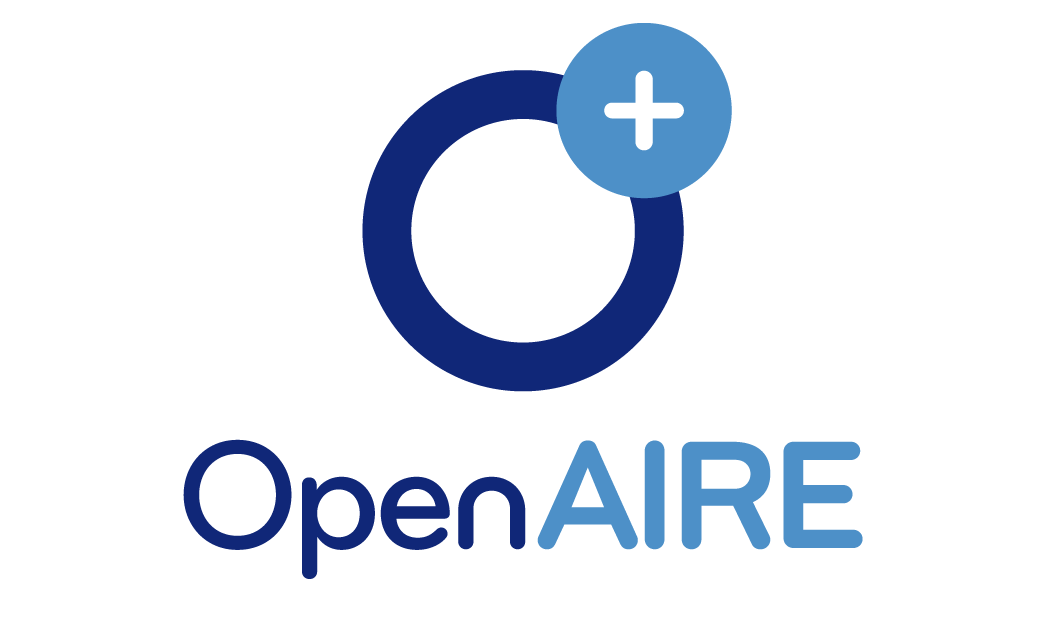LANGUAGE DIFFICULTIES OF MEDICAL STUDENTS IN LEARNING ENGLISH
Keywords:
Language, English, lesson, skills, nosebleed, blood thinner, TOEFL, Peer Tutoring, Study Groups, CompetenceAbstract
This article provides a comprehensive overview of the language difficulties faced by non-native English-speaking medical students and highlights strategies to address these challenges. Key areas of difficulty include understanding medical terminology, academic writing, and communication in clinical settings. The article emphasizes the importance of mastering English for both academic success and effective patient care, offering solutions such as targeted English language support, peer learning, clinical communication practice, and the use of technology. It also underscores the role of cultural competence in enhancing communication skills, ultimately preparing students for global medical practice.
References
1. Airey, J. (2011). The disciplinary literacy discussion matrix: A heuristic tool for initiating collaboration in higher education. Across the Disciplines, 8(3). This article explores the challenges students face when learning specialized language in higher education, such as medical terminology, and how these can affect their academic performance. It also suggests strategies for improving disciplinary literacy.
2. Bailey, K. M. (2006). Issues in teaching speaking skills to adult ESOL learners. National Institute for Literacy. Bailey highlights the difficulties in teaching speaking skills to non-native English speakers, emphasizing how language anxiety and cultural differences can hinder effective communication in professional settings, including medical fields.
3. Ferguson, G. (2007). The global spread of English, scientific communication and ESP: Questions of equity, access, and domain loss. Ibérica, 13, 7–38. This paper examines the dominance of English in scientific communication, including the medical field, and discusses how this can create barriers for non-native English-speaking students and professionals in accessing essential knowledge.
4. Mahboob, A., & Tilakaratna, N. (2012). A principles-based approach for English language teaching policies and practices. TESOL International Association. This article outlines how English language policies and practices can affect learning outcomes for students in various fields, including medicine. It also provides a framework for creating more inclusive and effective language education strategies.
5. Malau-Aduli, B. S. (2011). Exploring the experiences and coping strategies of international medical students. BMC Medical Education, 11(1), 40. Malau-Aduli’s research delves into the experiences of non-native English-speaking medical students, focusing on the language difficulties they face and the coping strategies they employ to succeed academically and clinically.
6. Montgomery, C. (2010). Understanding the international student experience. Palgrave Macmillan. Montgomery provides insight into the overall challenges faced by international students, including language barriers, and how these difficulties affect their learning and integration in English-speaking countries, particularly in professional fields like medicine.
7. O’Brien, D., & Fagan, M. J. (2009). Learning clinical skills through peer observation and feedback. The Clinical Teacher, 6(4), 231-235. This study explores the benefits of peer-assisted learning and feedback in improving communication skills in medical education, emphasizing how non-native English speakers can enhance their language abilities through collaborative practice.
8. Roche, T., & Harrington, M. (2013). Recognizing the needs of non-native English speakers in higher education. Journal of Academic Language and Learning, 7(2), A71-A85. Roche and Harrington discuss the specific language learning needs of non-native English speakers in academic settings, including medicine, and propose practical solutions for educators to better support these students.
9. Wang, S. C., & Yu, M. L. (2010). Integrating culture into medical education: Insights from a bilingual medical curriculum. Medical Teacher, 32(8), 682-686. This paper highlights the importance of cultural competence and its integration into bilingual medical curricula. It shows how understanding cultural differences in communication can help non-native English speakers improve their language skills while becoming more effective medical practitioners.
10. Zheng, R. (2017). Impact of language proficiency on the academic performance of international students. Journal of International Students, 7(1), 34-59. Zheng’s research focuses on how English language proficiency impacts the academic success of international students, particularly in demanding fields like medicine, and provides insights into how language support can improve student outcomes.




